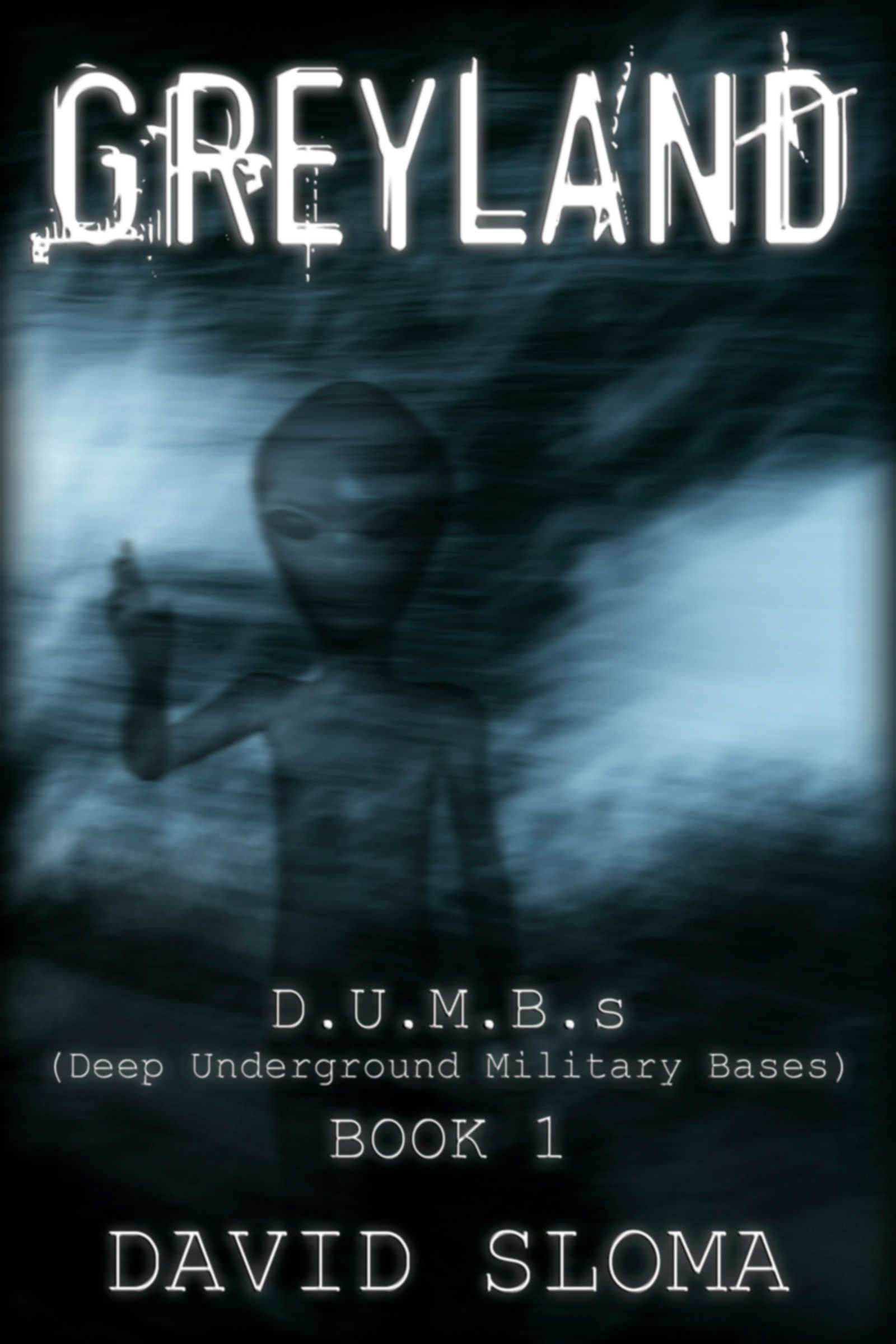I recently put a new novel of mine up on Amazon.com called “Greyland: D.U.M.B.s (Deep Underground Military Bases) – Book 1.” The book was written a few months ago, but was left to “age” for a time, as I worked on part 2 (now complete, and being edited), and part 3 (nearing completion).
Stephen King recommends putting a manuscript away for a while after you finish it, in his book “On Writing.” I think that’s good advice, as it gives you some time to take a look at your work from a more objective viewpoint, once the initial glow of creation has worn off some (if it’s even possible to look at your own writing objectively).
I doubt that a writer can look at their own work objectively, and thus it’s a very good idea to have another person read it over prior to publication. They will catch things the writer has missed, be they typos, grammar mistakes, or story problems. But, every writer is a bit different, and will have different needs in an editor and/or proofreader.
Getting my most recent book up online, I was working against a self-imposed deadline of October 1, 2013, as I want to have a launch party for the book around Halloween. I found an art gallery to hold the launch party in, and locked in the date of October 26th, which meant that I’d have to get the book not only finished, but copies printed for the party! This left me with about 3 weeks to get any bugs ironed out of the final editions and have the copies printed and shipped to me. I glad I left enough time, because, despite careful editing of the manuscript before launching it live as an ebook, and submitting the files for the print edition, I’ve found a few typos, words left out, and other little word-shockers!
I don’t know how I missed some of these errors the third, or even fourth pass through the manuscript; nor do I know how my first reader/proofreader missed them! We’ve developed a theory that humans must have “autocorrect” when they read, and the mind fills in what it wants to be there, as opposed to what is actually there many times. It’s even worse for the writer, as they know what the text should be, and often read it like that, no matter what is really in the text!
I find typos and words left out all the time in the work of others; in best-selling and classic books from major publishers, newspapers, and magazines. It seems that few are immune from these errors, and they are darn hard to banish 100%!
We’ve been going through my book again, and have found that editing with a much larger font than usual tends to help the mistakes to jump out. We`re determined to catch and correct every last one of them! No typo left behind! I`m so committed to ridding my work of errors that I`ve taken to putting an offer in the back of my books that states I will provide a free copy of any of my books to anyone who lets me know of a typo they have found in my work!
-This blog post has been sponsored by Grammarly, plagiarism checker online. If you’re a prolific writer, you know how hard it is to remember everything you’ve ever written. Use Grammarly, before you plagiarize yourself!

